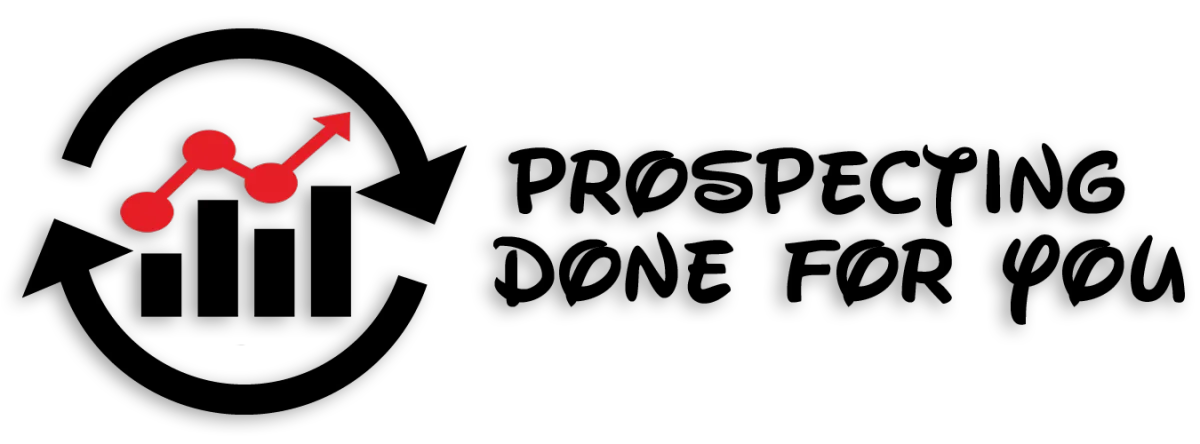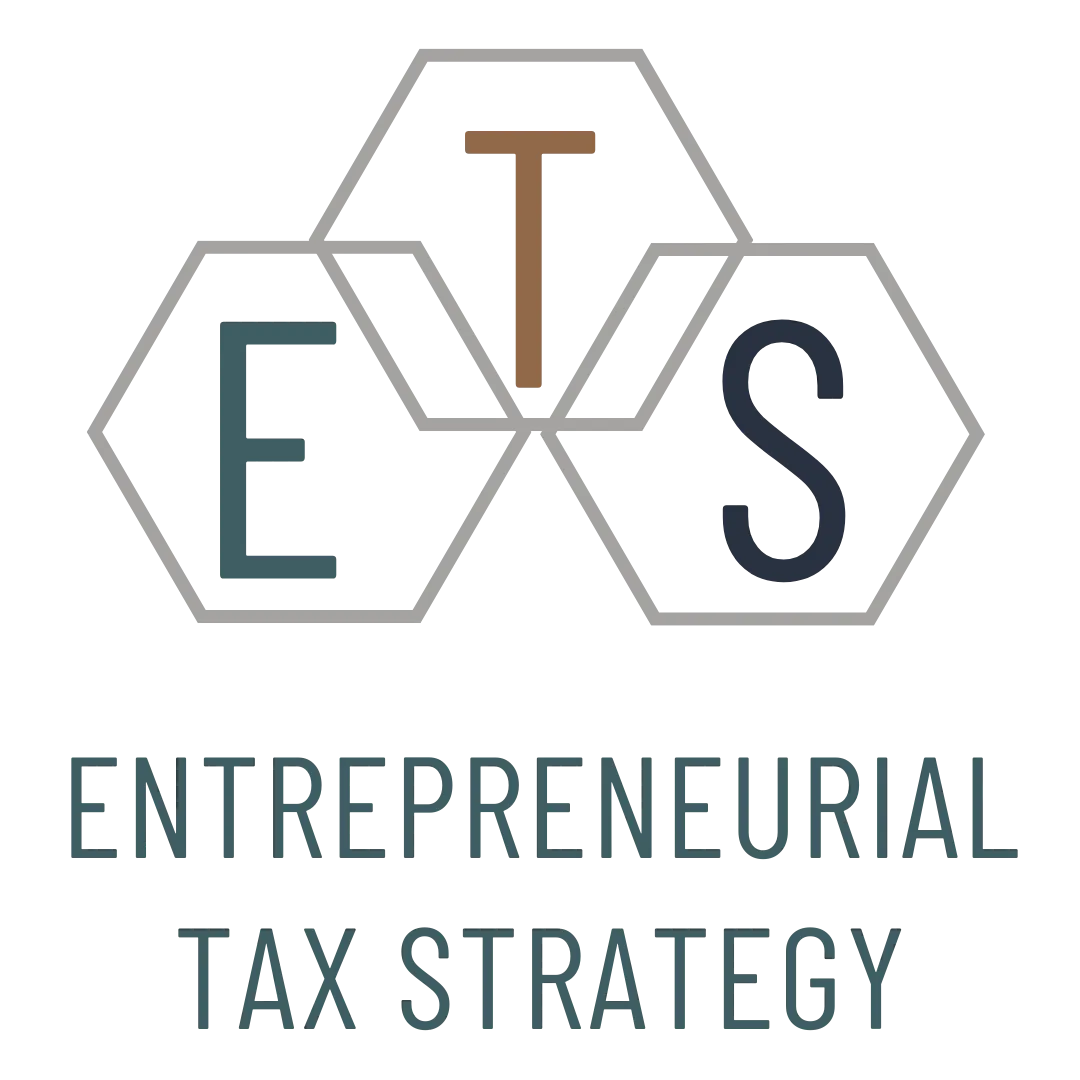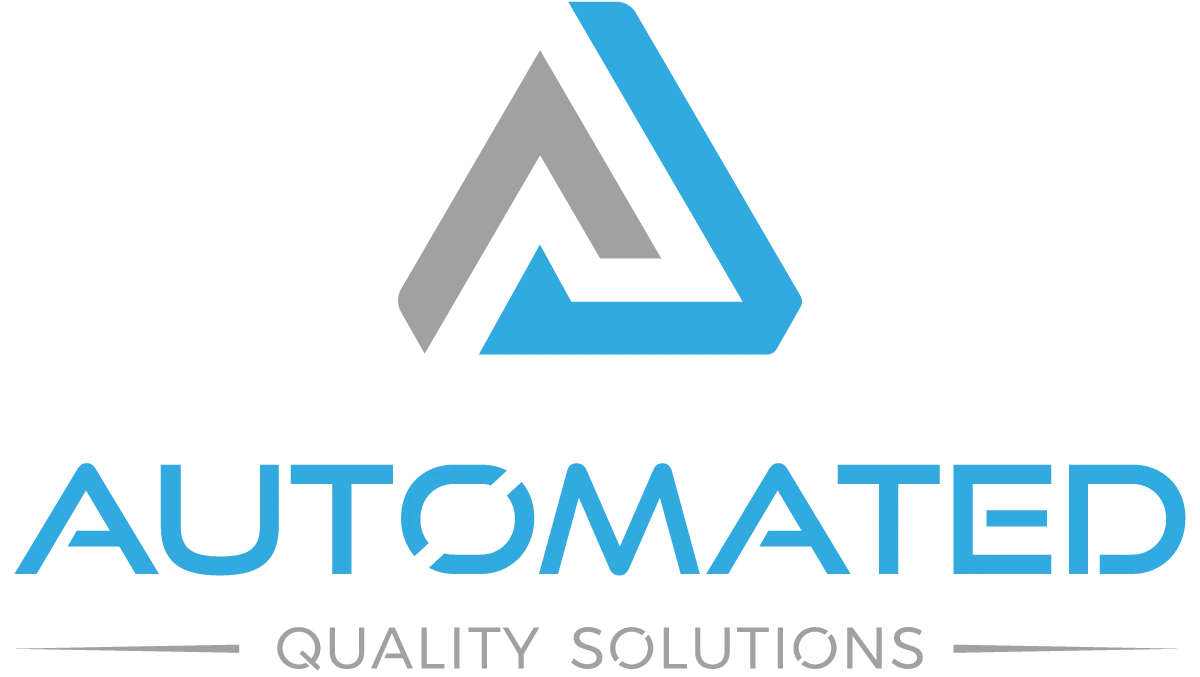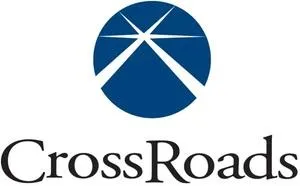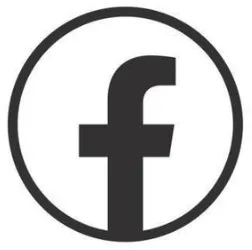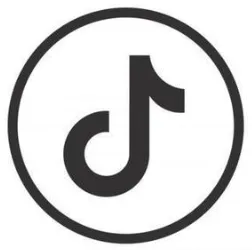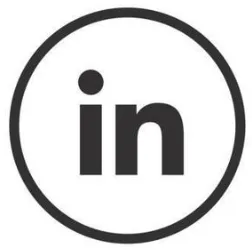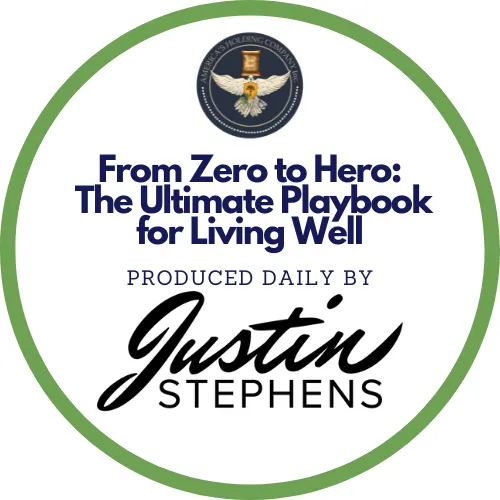The Life with Justin Stephens Blog
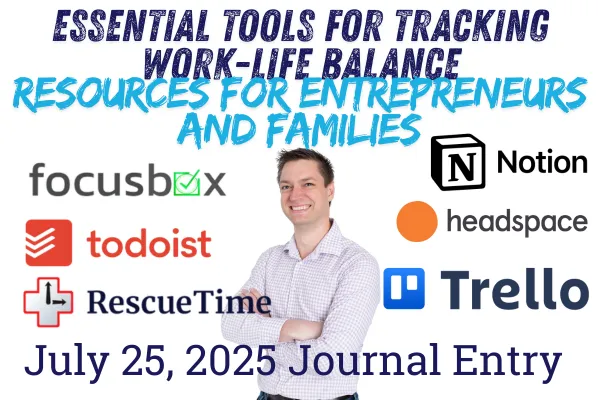
Essential Tools for Tracking Work-Life Balance: Resources for Entrepreneurs and Families
Hey there, Life with Justin Stephens readers! Justin here, and as I ease back into routine post-car wreck (feeling stronger daily, thanks to rest and those family moments I cherish), today's Resources post is all about tools for tracking work-life balance. Building on Alex Rivera's insights yesterday and my own reflections on integrating family into business, these apps and platforms help you monitor time, set boundaries, and maintain harmony between professional goals and personal life. In a fast-paced 2025 world, where AI and automation are evolving rapidly, the right tools can prevent burnout, boost productivity, and ensure you're present for what matters most—like family adventures. I've curated this list from top recommendations, focusing on user-friendly options for entrepreneurs and parents. Let's dive in with my top picks for tracking and optimizing your work-life flow.
Why Work-Life Tracking Tools Are Game-Changers
Tracking isn't just about logging hours—it's about gaining insights to make intentional choices. These tools help visualize your day, flag overwork, and integrate family priorities (like the blocks I mentioned in our Life Strategy post). With features like AI-driven analytics and seamless integrations, they tie into personal finance by optimizing time for income-generating activities while protecting mental health. Post my accident, I've leaned on similar tools to track recovery time versus work, ensuring balance during healing. According to experts, using such apps can increase productivity by up to 25% while reducing stress.
1. FocusBox – Best for Integrated Time Management and Habit Tracking
FocusBox combines Pomodoro timers, task lists, and habit trackers with AI insights to monitor work-life ratios. In 2025, its dashboard shows daily breakdowns of work vs. personal time, alerting you to imbalances. Perfect for setting "core hours" like Alex suggested. Pricing: Free basic; Pro at $9.99/month. I've started using it to block family time, and it's helped me stay grounded.
2. Notion – Best All-in-One Workspace for Family and Business Planning
Notion's customizable dashboards let you track projects, calendars, and personal goals in one place. Use templates for work-life audits, like weekly reviews of family-inclusive tasks. 2025 updates include AI-assisted habit tracking. Free for individuals; Teams at $8/user/month. Great for entrepreneurs blending home and office life.
3. Todoist – Best for Task Management with Balance Reminders
Todoist excels at prioritizing tasks with labels for work/family, plus recurring reminders for boundaries (e.g., "end work at 6 PM"). Its Karma system tracks productivity streaks, helping maintain equilibrium. Free basic; Premium at $4/month. Ideal for parents juggling deadlines and kid activities.
4. Headspace – Best for Mindfulness and Stress Tracking
Headspace offers meditation, sleep tracking, and work-life balance courses with daily check-ins to monitor mental load. In 2025, AI-personalized sessions help combat burnout. Subscription: $12.99/month or $69.99/year. Ties into mindset shifts for sustainable integration.
5. Trello – Best for Visual Project and Life Management
Trello's boards visualize workflows, with cards for work tasks and family goals—track progress with labels and due dates. Free; Business Class at $10/user/month. Flexible for hybrid setups, as per Alex's tips.
6. RescueTime (Honorable Mention) – Best for Automated Time Tracking
RescueTime runs in the background, categorizing time spent on apps/sites and scoring your work-life balance. Premium at $12/month. Provides data-driven insights to adjust habits.
Why These Tools Fit Your Journey
In our blog's spirit, these resources support resilience (like Red Cross prep) and integration (Alex's POV), helping you track finances indirectly by maximizing efficient time. Start with one that fits your needs—security and ease of use are key.
Call to Action: Subscribe at justindcstephens.com for daily tools and tips. Which app will you try? Comment below!
P.S. Tomorrow, a Journal Entries post on recent family milestones amid business growth. Stay tuned!
To your success,
Justin Stephens

